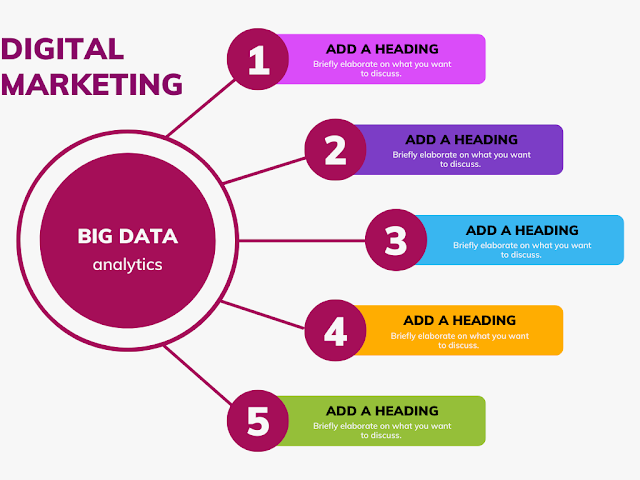The Future of Virtual and Augmented
reality in various Industries
Virtual and augmented reality (VR and AR) are technologies
that have the potential to revolutionize a wide range of industries. From
entertainment and gaming to healthcare and education, the future of VR and AR
is looking incredibly promising.
In the entertainment industry, VR and AR are already being
used to create immersive gaming experiences. Players can enter virtual worlds
and interact with them in ways that were previously impossible. This technology
is also being used in the film industry, where directors are creating VR
experiences that allow viewers to step into the world of their favorite movies.
The healthcare industry is also starting to explore the
potential of VR and AR. In the field of psychology, VR is being used to treat
conditions such as PTSD and phobias by immersing patients in virtual
environments. In the field of surgery, AR is being used to overlay digital
information onto real-world images, making it easier for surgeons to perform
complex procedures.
In the education sector, VR and AR are being used to create
interactive learning experiences. Students can take virtual field trips,
explore historical sites, and even visit places that are too dangerous or
difficult to visit in real life. These technologies also enable remote learning
and collaboration, making education more accessible and inclusive.
In the field of retail and e-commerce, AR is being used to
enhance online shopping experiences by allowing customers to see how products
would look in their homes, try on clothes virtually, and even see the inner
workings of a product. In the field of real estate, VR is being used to create
virtual tours of properties, allowing potential buyers to explore properties
from the comfort of their own homes.
In the field of manufacturing and engineering, AR is being
used to overlay digital information onto real-world images, making it easier
for engineers to design and build complex systems. AR is also being used to
train workers, by providing them with digital instructions that overlay onto real-world
objects.
In conclusion, Virtual and Augmented Reality have the
potential to revolutionize a wide range of industries, from entertainment and
gaming to healthcare and education. With the advancements in technology and the
increasing adoption of VR and AR, we can expect to see more innovative
applications of these technologies in different industries in the near future.
As the technologies continue to evolve and become more
accessible, it is important for companies and organizations to start exploring
the potential applications of VR and AR in their respective industries. This
will not only give them a competitive edge, but also prepare them for the
future



Comments
Post a Comment